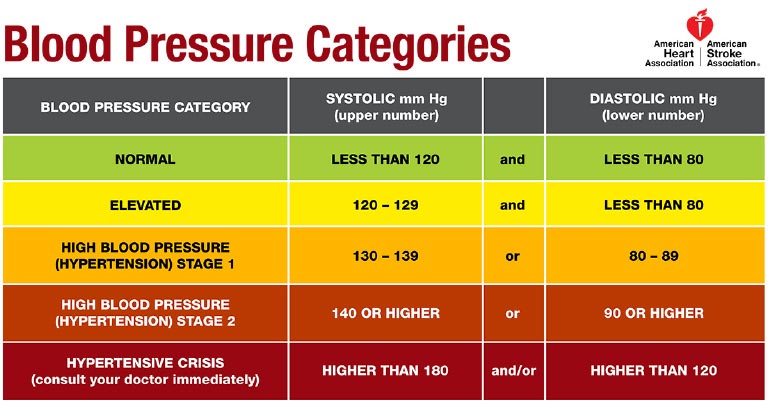Our hearts may be aflutter in February, but let’s make sure it’s due to nothing other than the trappings of ardour and affection, writes Behnaz Sanjana.
Although the real deal beating incessantly in your chest doesn’t look half as pretty as the one on your Valentine’s Day card (my auricles and ventricles pump only for you, said no Romeo ever), it deserves attention all year round.
Dr Abdul Azeez Asad Mohammed, MD, DNB – Cardiology; a Specialist Cardiologist at BSH Apollo Heart Centre, Bahrain, simplifies how three common factors can leave you ‘heartbroken’.
CHOLESTEROL
This fat-like substance in the blood is essential for health, but in excess, spells grave danger.
Low density lipoprotein (LDL, aka ‘bad cholesterol’) is the main cause of blockage and hardening of the arteries. High density lipoprotein (HDL, or ‘good cholesterol’) prevents this build-up.
When it Goes Rogue
Excess LDL leads to plaque accumulation on the walls of the blood-supplying arteries, causing their hardening and narrowing, resulting in blockages.
When the built-up plaque ruptures, it attracts special blood cells called platelets which form an obstructive clot, eventually leading to a heart attack or, in the brain, a stroke.
BLOOD PRESSURE
Blood pressure is read as two numbers. The first (systolic) represents the pressure in blood vessels when the heart contracts. The second (diastolic) represents the pressure when the heart rests between beats.
As per the American Heart Association (AHA), normal blood pressure is less than 120/80 mm Hg. Hypertension, or unhealthy blood pressure levels, can cause:
Coronary artery disease – damaged arteries
Enlarged left heart – as the ticker works harder against the raised blood pressure
Heart failure – constant strain of high blood pressure weakens the heart
Irregular heart beat – worsens heart failure or causes sudden death.
Hypertension can also affect the arteries that supply blood to the brain, causing stroke or dementia.
BLOOD SUGAR
A large body of evidence reveals that two-thirds of diabetics die from some form of heart disease or stroke. High blood sugar causes damage to the blood vessels and in general, the risk of heart disease or stroke is more than twice as high in people with diabetes.
 But I’m in shape …
But I’m in shape …
A major study has shown that a sugar-laden diet also affects the heart of a person within the normal weight range.
In this 15-year study on added sugar and heart disease, adults who had 25-per-cent or more of their daily calories as sugar were more than twice as likely to die from heart disease compared to those whose diets had less than 10-per-cent added sugar. In general, the odds of death from heart disease increased with the actual percentage of sugar in the diet, regardless of age, gender, physical activity level and body-mass index.
Increased sugar intake leads to higher blood pressure, inflammation, weight gain, diabetes and fatty liver disease – all risks for heart disease.
GIFT YOURSELF A HEALTHY HEART
Diet – A balanced one with more fresh produce than red meat and saturated fats. Limit salt intake to less than six grams a day. Healthy women should consume less than 100 calories of added sugar per day (six teaspoons), and men less than 150 per day (nine teaspoons).
Exercise – Get physical. We mean 30-45 minutes of regular exercise – walking, running, swimming or your favourite sport.
Smoking – Stop it. Do your heart a favour and get help from a professional to quit.
Stress – Keep it at bay with yoga and meditation techniques.





































